Pete Rose And Presidential Pardons: Understanding Trump's Potential Action
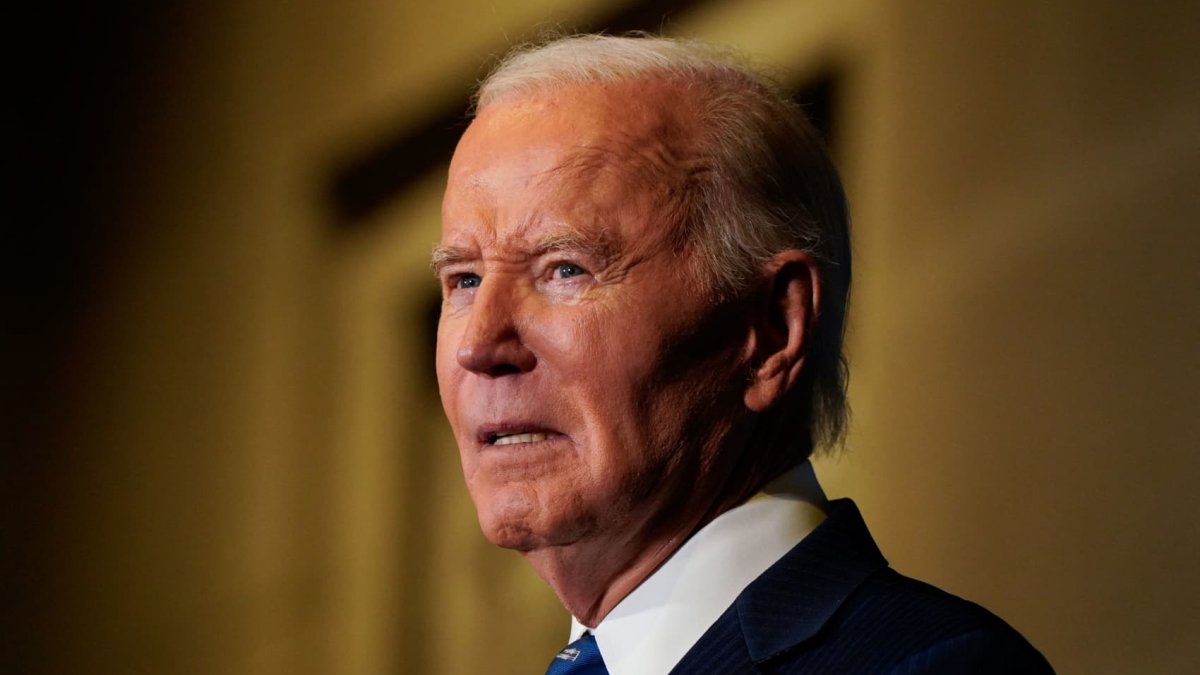
Table of Contents
Pete Rose's Ban and the Legal Ramifications
Pete Rose's lifetime ban from Major League Baseball (MLB) stems from his admission to gambling on baseball games while managing the Cincinnati Reds. This violation of MLB Rule 21d, which prohibits players and team personnel from betting on baseball, resulted in his permanent expulsion from the sport in 1989. The legal precedent surrounding MLB's authority to impose such a ban is complex. While MLB isn't a government entity, its internal rules carry significant weight, and Rose had limited legal recourse to challenge the ban.
- Violation of MLB Rule 21d (gambling): This is the core reason for Rose's ban, an action deemed detrimental to the integrity of the game.
- Lack of legal recourse after the ban: Rose's attempts to overturn the ban through legal channels were largely unsuccessful.
- Ongoing debate on the fairness of the lifetime ban: Many argue the punishment was too harsh considering the lack of evidence suggesting Rose directly influenced game outcomes.
It's crucial to understand the distinction between a presidential pardon and reinstatement to baseball. A presidential pardon, even for a federal gambling offense related to baseball, wouldn't automatically reinstate Rose to MLB. The pardon would address the potential legal ramifications of his actions, but the reinstatement would require separate action by MLB Commissioner Rob Manfred.
The Presidential Pardon Power and its Limitations
The US Constitution, in Article II, Section 2, grants the President the power to grant pardons for offenses against the United States. This power is broad but not unlimited. It applies only to federal crimes, not state crimes or violations of private league rules like MLB's Rule 21d. Throughout US history, presidents have used this power for various reasons, some resulting in significant controversy.
- Constitutional authority for federal offenses: The President's pardon power is a significant check on the judicial branch.
- Limitations of pardon power for non-federal crimes: A presidential pardon wouldn't affect Rose's MLB ban, as that's a matter of private league rules.
- Political considerations and public backlash: Presidential pardons are often highly politicized, leading to significant public debate and potential backlash.
A Pete Rose presidential pardon would be unique because it wouldn't directly address the issue that led to his baseball ban. The pardon could potentially relate to any associated federal gambling charges but wouldn't overturn the MLB ruling.
Public Opinion and the Arguments For and Against a Pardon
Public opinion on a Pete Rose presidential pardon is deeply divided. While polls show some support for granting him clemency, significant opposition also exists. Arguments for a pardon often center on Rose's immense contributions to baseball, suggesting his lifetime ban is an excessively harsh punishment for his transgressions.
Arguments for a pardon:
- Rose's accomplishments and legacy in baseball: Rose holds numerous baseball records, and many believe his contributions should outweigh his mistakes.
- The perception of an overly harsh punishment: Some see the lifetime ban as disproportionate compared to penalties received by others involved in similar infractions.
- Sympathy for Rose and his decades-long appeal: Rose has spent years expressing remorse and seeking reinstatement, garnering sympathy from some.
Arguments against a pardon:
- Maintenance of the integrity of baseball's rules: Opponents argue that pardoning Rose would undermine the rules and set a dangerous precedent for future violations.
- Setting a bad precedent for future violations: Others fear a pardon could encourage future gambling by players and personnel, damaging the sport's reputation.
- Continued controversy and public division: Granting a pardon is unlikely to resolve the controversy surrounding Rose, potentially further dividing public opinion.
The Role of Baseball Commissioner in Reinstatement
Even with a presidential pardon, reinstatement to Major League Baseball remains solely within the authority of the Commissioner. A pardon might improve Rose's chances, but it doesn't guarantee reinstatement. The Commissioner would consider numerous factors before making a decision, including public opinion and the potential impact on the sport's integrity.
Conclusion
The debate surrounding a Pete Rose presidential pardon remains a complex issue with significant legal, political, and ethical considerations. While a pardon might address potential federal charges, it would not automatically lead to his reinstatement in baseball. Arguments both for and against a pardon highlight the tension between acknowledging past mistakes and upholding the integrity of the game and the legal system. Further research into the legal precedents and public opinion surrounding this case is essential to forming an informed opinion. Continue the discussion about the implications of a Pete Rose pardon and its impact on the future of baseball and the presidential pardon process. Use the hashtag #PeteRosePardon for engaging in the ongoing conversation.

Featured Posts
-
 Behind The Scenes Jeff Goldblum And The Flys Revised Conclusion
Apr 29, 2025
Behind The Scenes Jeff Goldblum And The Flys Revised Conclusion
Apr 29, 2025 -
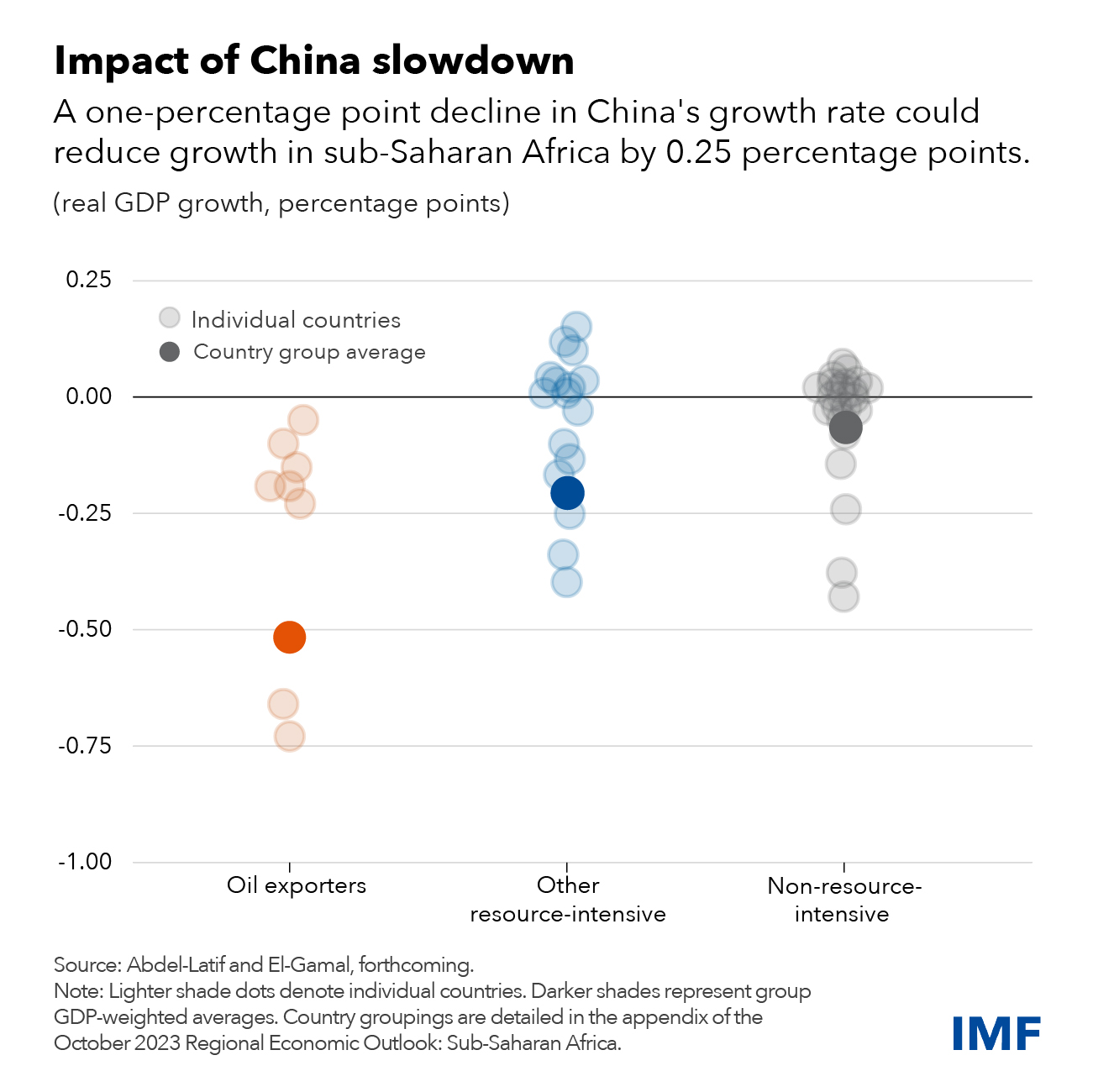 The Impact Of Pw Cs Withdrawal On Sub Saharan Africas Economy
Apr 29, 2025
The Impact Of Pw Cs Withdrawal On Sub Saharan Africas Economy
Apr 29, 2025 -
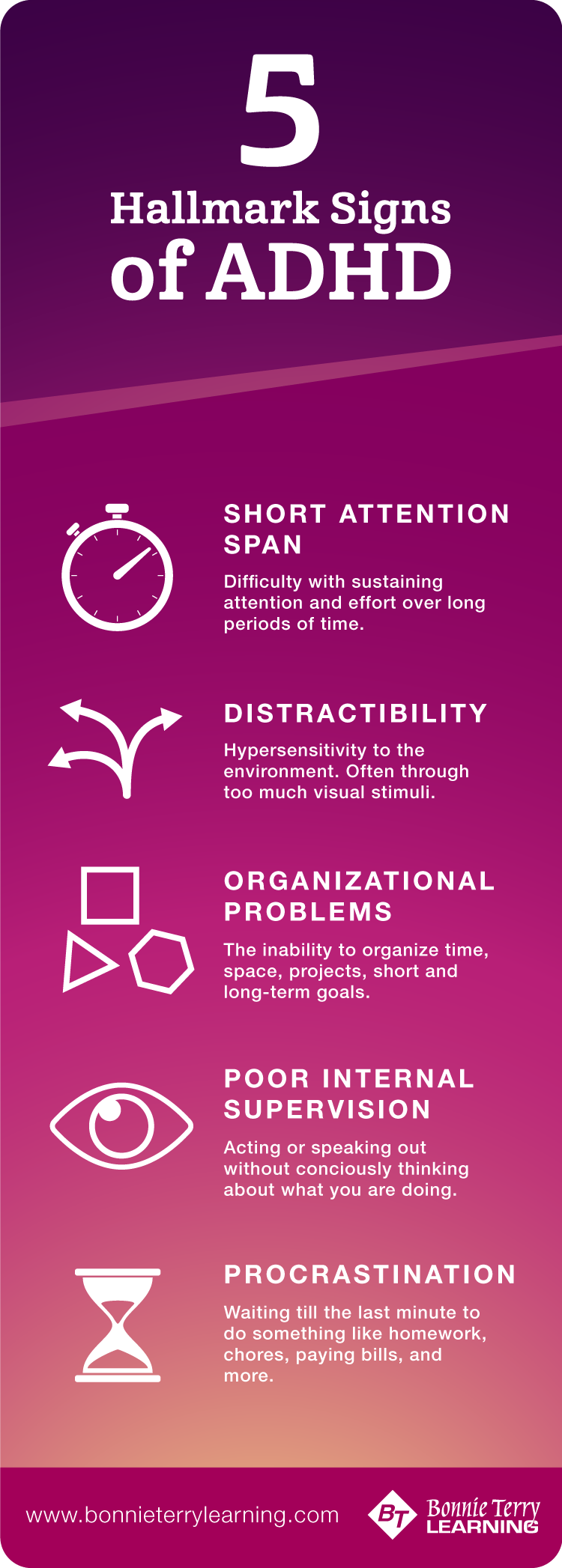 Difficulties Focusing 8 Subtle Signs Of Adult Adhd
Apr 29, 2025
Difficulties Focusing 8 Subtle Signs Of Adult Adhd
Apr 29, 2025 -
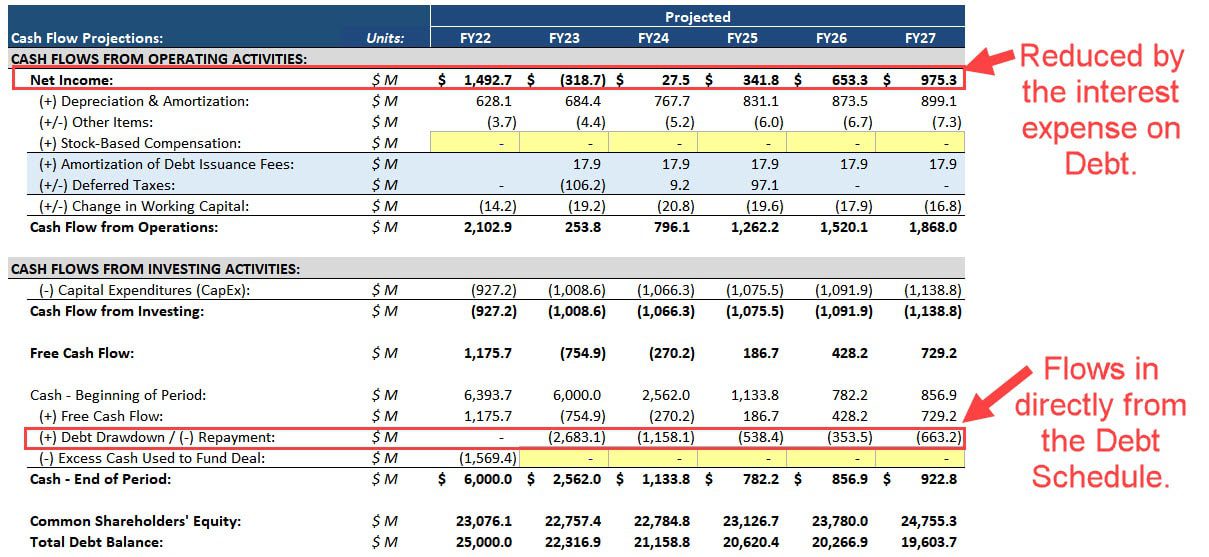 Xs Debt Sale A Detailed Look At The Companys Financial Shift
Apr 29, 2025
Xs Debt Sale A Detailed Look At The Companys Financial Shift
Apr 29, 2025 -
 Manufacturing In America Obstacles And Opportunities
Apr 29, 2025
Manufacturing In America Obstacles And Opportunities
Apr 29, 2025
Latest Posts
-
 The Most Emotional Rocky Movie According To Sylvester Stallone
May 12, 2025
The Most Emotional Rocky Movie According To Sylvester Stallone
May 12, 2025 -
 Which Rocky Movie Touches Sylvester Stallone The Most
May 12, 2025
Which Rocky Movie Touches Sylvester Stallone The Most
May 12, 2025 -
 Stallone Reveals His Top Rocky Movie A Touching Choice
May 12, 2025
Stallone Reveals His Top Rocky Movie A Touching Choice
May 12, 2025 -
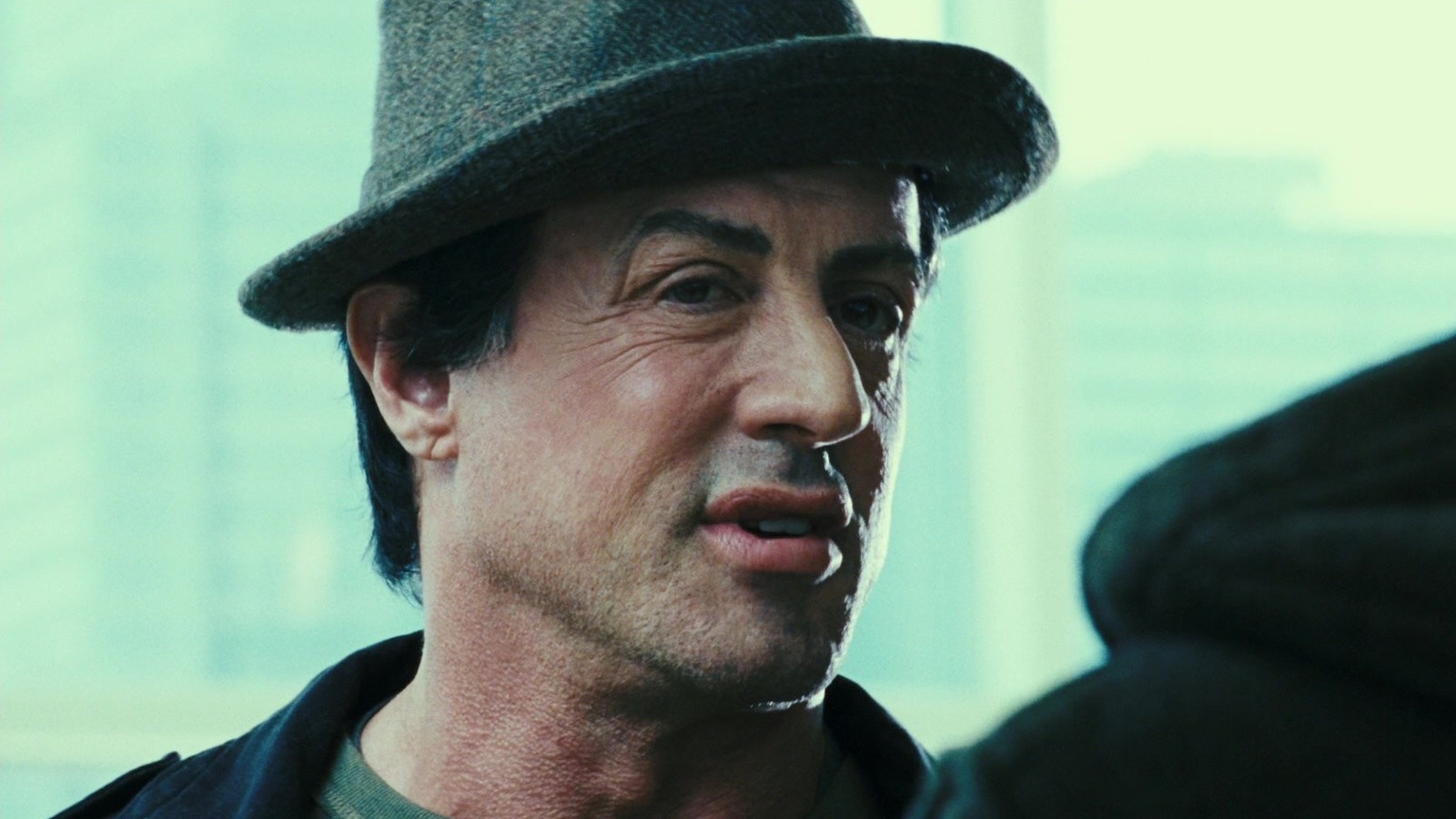 Sylvester Stallone Picks His Most Emotional Rocky Film
May 12, 2025
Sylvester Stallone Picks His Most Emotional Rocky Film
May 12, 2025 -
 Sylvester Stallones Favorite Rocky Movie The Franchises Most Emotional Entry
May 12, 2025
Sylvester Stallones Favorite Rocky Movie The Franchises Most Emotional Entry
May 12, 2025
